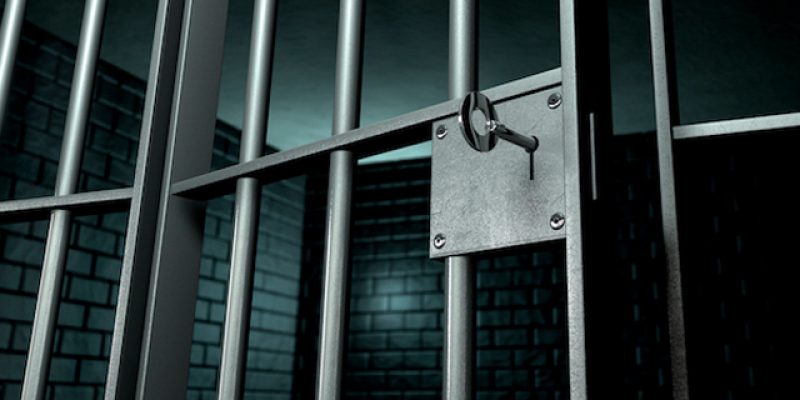This weekend, Christians all over the world will be celebrating the most important holiday of the church calendar. It marks the resurrection of Jesus, who died for our sins and rose on the third day, in fulfillment of the scriptures. It follows Lent, the 40-day time of fasting and penance when Christians prepare for this occasion.
In Louisiana, we also place a heavy emphasis on the days leading up to Lent. Each year at Mardi Gras, we pass a good time with friends and family, knowing that 40 days of sacrifice await us.
This cycle repeats itself each year. As we begin another legislative session this week, there are some seasonal parallels to the debate we are preparing to have on the somber and sobering cycle of incarceration.
People are human, and humans commit sins big and small. In Louisiana, we lock people up that commit crimes big and small at a rate higher than any other state in the nation. However, this jail-heavy approach has unfortunately not led to a safer state.
Louisiana’s prison system makes up roughly 8% of the state budget, costing over $800 million per year using 2014 numbers. Over the years and throughout each individual’s incarceration cycle, Louisiana has put little emphasis on training offenders in ways that will allow them to leave the life of crime and become productive members of society. We release roughly 17,000 people each year from prison, but 40% of them end up back behind bars for one reason or another. This cycle results in wasted resources, high crime rates and broken communities.
While Louisiana seems trapped in this endless go-round, Texas, Georgia, Mississippi, Alabama and South Carolina, have tackled this issue and have seen positive outcomes. Our peer states are seeking to identify and place low-level offenders who can excel in skills training or drug treatment programs, instead of in a jail cell next to more hardened criminals. They have created pathways to reentry for those convicted citizens deserving of a second chance. Offenders are instead trained for the workforce, reserving jail cells for those that cannot be trusted to return to society. The result is lower costs to taxpayers while maintaining public safety as the top priority.
As I travel the state to listen to our member companies and visit with law enforcement, I hear a consensus that these types of researched reentry ideas are timely and worth pursuing in Louisiana. But that is not where the reform discussion ends. Chatter has become increasingly louder about whether Louisiana should also reform our sentencing laws to make them more consistent with other states. With positive results clearly documented from our peer states, both re-entry and sentencing appear ripe for balanced reform and to do this responsibly requires trust, collaboration and open dialogue.
Thankfully, that open dialogue is beginning to take place this legislative session.
Over the past year, various groups, experts and advocates have been working diligently to develop a better understanding of the issue and to recommend specific options to improve the system. Reform in Louisiana begins by shifting to smarter assessments, targeted training and focusing Louisiana’s jail cells for those that are a threat to society. At LABI, our member companies have decided to support several bills to improve the re-entry of offenders into the workplace with training, treatment and job placement options for those inmates shown to be worthy of a second chance.
While some disagreements are arising on sentencing changes, LABI maintains that protecting the public from crime must be the top priority. I am optimistic that the current dialogue will lead to a consensus among stakeholders that will put Louisiana down the best path forward.
The closing of Lent and the celebration of Easter is a good reminder of the mission at hand. We are all human. Humans make mistakes and sometimes break the law. When they do, sacrifice and penance must be prescribed. At the end of that period, the goal should be a new life.
It is time for Louisiana to better identify those that are capable of new beginnings and give them the path to a new life. We need to help them get there if possible because it is proven in other states to not only save money, but improve the workforce and protect public safety. Forgiveness in the criminal justice system is not available for everyone. But for those that deserve another chance, we must do better to show them the way.
Advertisement
Advertisement

